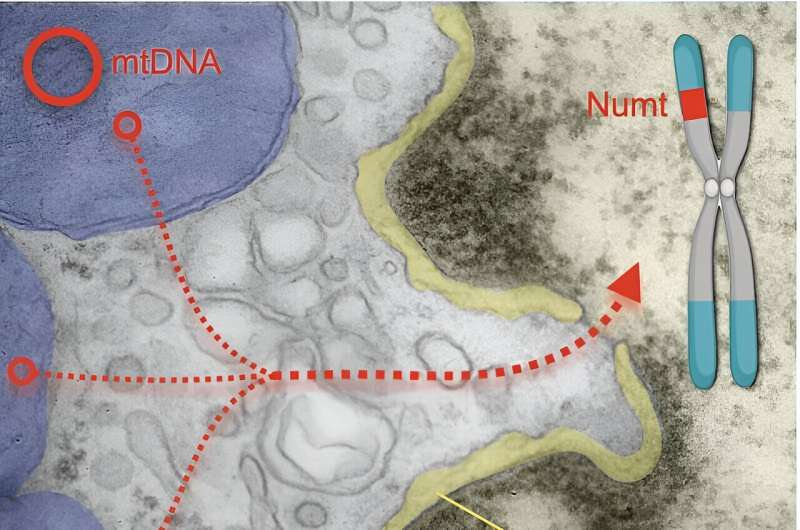
It was an interesting week for the study of human behavior as a team of cognitive scientists at MIT found what they believe is the reason that laws are written in an incomprehensible style—because it confers what they describe as a “special kind of authority” and because legislators feel compelled to follow tradition. And a team of archaeologists at the University of California, Berkeley, dispelled the myth of groups of early human hunters flinging spears at mammoths to bring them down—they found evidence that the large beasts were instead brought down by spikes planted into the ground at angles.
In technology news, a team of engineers affiliated with a host of institutions in China demonstrated the first tensor processor chip based on carbon nanotubes, an advance the team suggests could lead to energy-efficient AI processing. And a team led by engineers at Shanghai University developed 3D-printed, decoupled structural lithium-ion batteries that they claimed were also stable, robust and customizable. Also, a team of chemists and engineers in the U.S. Department of Energy’s National Renewable Energy Laboratory developed a resin made from biomass to make recyclable wind turbine blades. And a team of AI researchers and computer scientists at the University of Alberta in Canada developed a new method to allow AI systems to learn indefinitely. It works by resetting the weights assigned to the nodes on the network.
In other news, a team of dieticians, medical researchers and geneticists at MIT revealed the benefits and downsides of fasting—from boosting the regenerative abilities of intestinal stem cells to cancerous mutations that can occur during the regenerative period after fasting ends. And a team of engineers at Qunnect Inc. tested a quantum internet prototype by running it under New York City for half a month. Also, a team of medical researchers at Helmholtz Center for Infection Research developed a new vector vaccine against COVID-19 that provides long-term protection. And finally, a team of microbiologists at the Columbia University Irving Medical Center found evidence that mitochondria fling their DNA into our brain cells.
© 2024 Science X Network
Citation:
Best of Last Week—How humans really killed mammoths, making AI systems smarter, mitochondria fling their DNA (2024, August 26)
retrieved 26 August 2024
from https://phys.org/news/2024-08-week-humans-mammoths-ai-smarter.html
This document is subject to copyright. Apart from any fair dealing for the purpose of private study or research, no
part may be reproduced without the written permission. The content is provided for information purposes only.



![Ayesha Takia fires back at trolls with a sassy comeback [Watch Video] Ayesha Takia fires back at trolls with a sassy comeback [Watch Video]](https://i1.wp.com/st1.bollywoodlife.com/wp-content/uploads/2024/08/260820241724683327.jpeg?w=150&resize=150,150&ssl=1)
